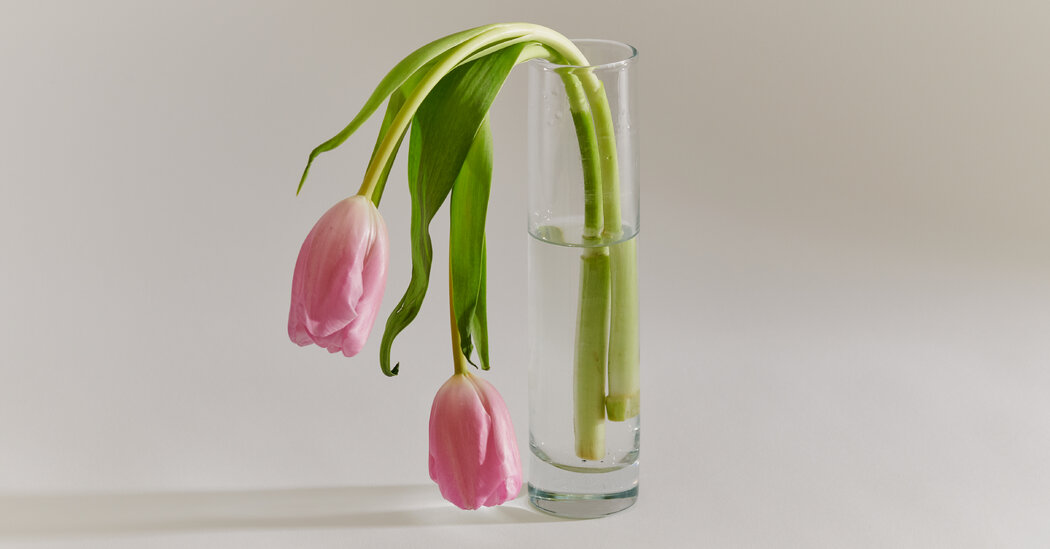

Oftentimes, problems with libido are not purely physical. Stress is one of the most common reasons a woman’s sex drive plummets, the experts said. Low libido also can stem from energy and sleep issues, body image, relationship quality, gender inequities and other concerns.
“I would encourage people complaining of low desire and those who hear the complaints to think about all the influences that exist on desire, including and beyond inside bodies,” said Sari van Anders, a professor who studies sexuality and testosterone at Queen’s University in Ontario. “Desire does not just come from a drive within our bodies, it reflects and responds to all sorts of life and societal situations.”
An journal article written last year by Dr. van Anders, Dr. Brotto and others suggested that four factors, each influenced by societal expectations of women, contribute to the low sexual desire experienced by women in heterosexual relationships. They are inequitable divisions of household labor, the tendency for women to take on a caregiver-mother role with their male partners, an emphasis on a woman’s appearance over her own sexual pleasure — which can make her own feelings of desire contingent upon her perceived desirability — and gender norms that influence which partner initiates sex. For example, women are not typically socialized to initiate sex or prioritize their own pleasure, and they may feel uncomfortable experiencing or initiating pleasure unrelated to penetrative intercourse.
The paper also noted that “low desire” might mean different things to different people. Some people want sex more than others, and it is normal for sexual desire to fluctuate over the years. The experts suggest asking yourself: Are you dissatisfied with the amount of sex that you crave? If so, why?
“Low erotic desire is not a problem in and of itself unless and until partners, health professionals, media and/or culture make it into one,” Dr. van Anders said. “A promising way forward is to consider that low desire itself may reflect a problem, for those who aren’t asexual, rather than be a problem in and of itself.”
For example, some women may be concerned not about their own lack of desire but about a mismatch between their libido and a partner’s higher libido.
“If their discrepant desire is creating a problem for the relationship, then a couples sex therapy approach is warranted,” Dr. Brotto said.
24World Media does not take any responsibility of the information you see on this page. The content this page contains is from independent third-party content provider. If you have any concerns regarding the content, please free to write us here: contact@24worldmedia.com

Common Mistakes When Using Athletic Field Tarps

High-Performance Diesel Truck Upgrades You Should Consider

Warehouse Optimization Tips To Improve Performance

Fire Hazards in Daily Life: The Most Common Ignition Sources

Yellowstone’s Wolves: A Debate Over Their Role in the Park’s Ecosystem

Earth Day 2024: A Look at 3 Places Adapting Quickly to Fight Climate Change

Millions of Girls in Africa Will Miss HPV Shots After Merck Production Problem

This Lava Tube in Saudi Arabia Has Been a Human Refuge for 7,000 Years

Four Wild Ways to Save the Koala (That Just Might Work)

National Academy Asks Court to Strip Sackler Name From Endowment

Ways Industrial Copper Helps Energy Production

The Ins and Out of Industrial Conveyor Belts